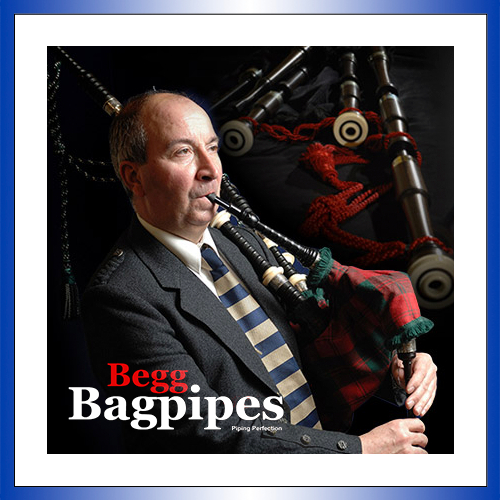By Keith Sanger

During the talk, ‘Ceol Mor and its Gaelic Definitive Terms’ given at the 1987 Piobaireachd Society Conference, a mention was made of the term ‘Eallach’ used for the double echo played on low A. Apart from confirming that the translation as “burden” given by Major General C. S. Thomason in his Ceol Mor is also found under “eallach” in Dwelly’s Gaelic English Dictionary, very little further light could be thrown on its meaning in relation to piping. Dwelly gave several uses of the word ‘eallach’, the principal one being ‘burden’ as in the sense of a load, and none of his examples seem to have any relevance to music.
Although fringing on the “which came first, the chicken or the egg”, type of argument, an explanation can be proposed if it is assumed that ‘burden’ preceded ‘eallach’. Throughout the medieval world, a drone accompaniment was an integral part of musical practice. It ranged from the steady drone of a bagpipe or organ pipe to the drone effect achieved on stringed instruments by continuously plucking or bowing a freely resonating unstopped string. The Latin term for this unvarying note or drone was ‘bourdon’ and by the Renaissance it had also come to mean the lowest strings of the lute and dulcimer1. ‘Bourdon’ passed into several European languages including Scots where the dictionary meaning is given as a loan word, Burdoun; the drone of a bagpipe. It would seem from the diary written in 1729 by George Skene of Skene, an Aberdeenshire laird and piper, that spelt ‘burden’ it was still current usage meaning a drone in 18th century Scotland2.
Returning to the double echo on low A, the Scots word “burden” or drone makes more musical sense since low A, the keynote of the drones dominates the movement. It would seem reasonable to suggest in this case that the Gaelic word ‘eallach’ was a comparatively late attempt to translate a Scots word which sounded similar to, but differing in meaning from, the English word burden (weight), and this probably occurred after the original meaning had gone out of use, as a direct translation of a drone would have been ‘Dos’, a Gaelic word for drone having considerable lineage.
Notes
1. C. Page, Voices and Instruments of the Middle Ages. 118-120
2. George Skene’s Diary, National Library of Scotland. MS 3806.
• From the February 1988 Piping Times.


